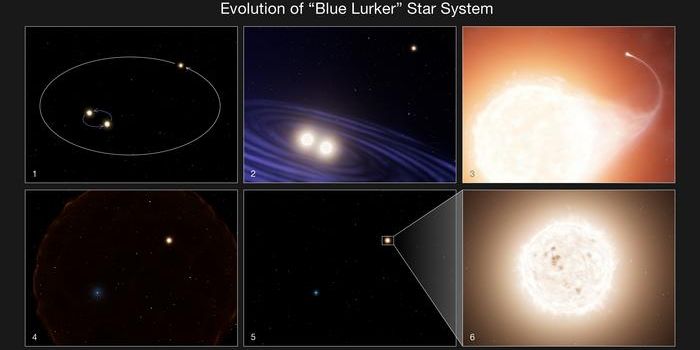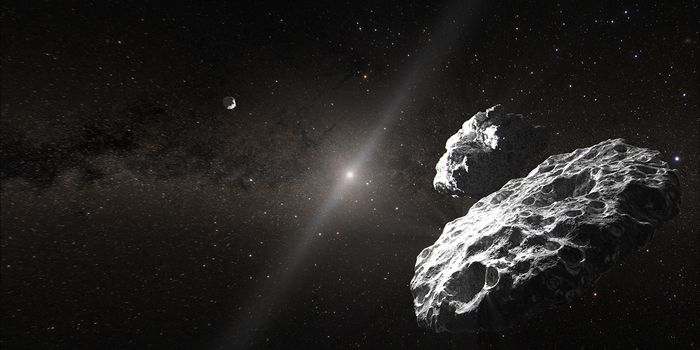SpaceX Lost Contact With 3 of its Starlink Internet Satellites
At the end of May, SpaceX launched a payload comprising of 60 Starlink internet satellites into space to develop the backbone for what the company envisions to be the future of universal internet service that would span across the entire globe. But as it would seem, everything isn’t well in the world of Starlink.
Image Credit: SpaceX
Citing several reports from just this past week, SpaceX allegedly lost three of its 60 Starlink internet satellites to unknown circumstances. A spokesperson for the commercial space company noted that those satellites hadn’t reached the projected altitude requirement and will therefore passively de-orbit and burn up in the Earth’s atmosphere upon reentry.
It may seem like a massive bummer for SpaceX at first glance, but as it would seem, quite the contrary appears to be true. CEO Elon Musk admitted from the very beginning of this batch of Starlink satellites pioneered new technologies, and like most beta tests, it came with anticipated failures.
Notably, those three Starlink satellites aren’t the only ones that will return to Earth. SpaceX plans to intestinally de-orbit two more in the foreseeable future using their onboard thrust engines. This will ultimately demonstrate that the company maintains full control over the Starlink satellites and that it can avert collisions and prevent the formation of new space debris.
Related: Everything you need to know about SpaceX's Starlink internet system
SpaceX plans to launch at least 12,000 Starlink satellites into orbit around the Earth, and while there’s no ETA regarding when that goal will be achieved, it’s an ambitious move that would provide low-latency internet service to all corners of the world – even those that don’t have internet access already.
There’s no telling how many of those planned 12,000 Starlink satellites would exhibit similar failure rates as those from the first batch, but we assume that the company would improve its technologies over time to enhance system reliability and longevity.
Perhaps unsurprisingly, astronomers aren’t overly thrilled about SpaceX’s plan to blanket the planet in thousands of internet communication satellites. Each satellite is particularly bright, which tends to hinder astronomical observations from the Earth’s surface. Moreover, they could contribute to the space junk problem, threatening future space travel as we know it.
While it remains particularly controversial, many argue that SpaceX’s plan to provide universal high-speed internet outweighs the costs mentioned above and that it should be applauded.
It will be interesting to witness the progress of SpaceX’s Starlink satellite internet system as it grows, and perhaps more importantly, just how many of the company’s satellites will succumb to these kinds of anomalies before reaching their desired operating altitude. Only time will tell, however.
Source: Business Insider, Phys.org









